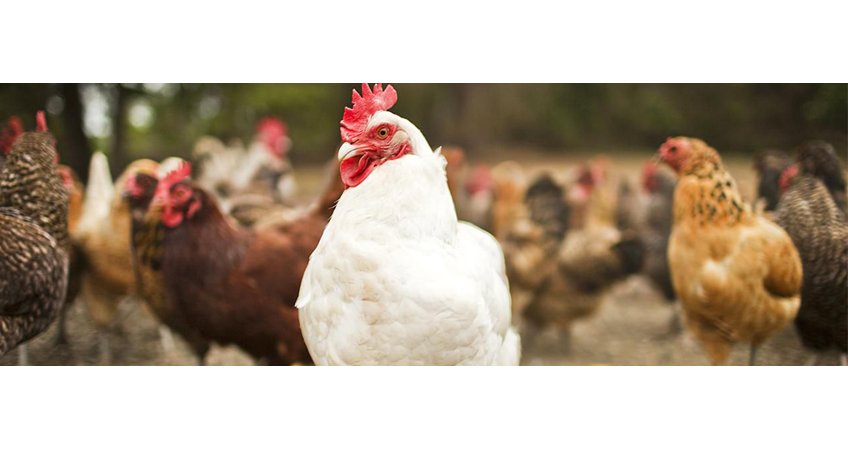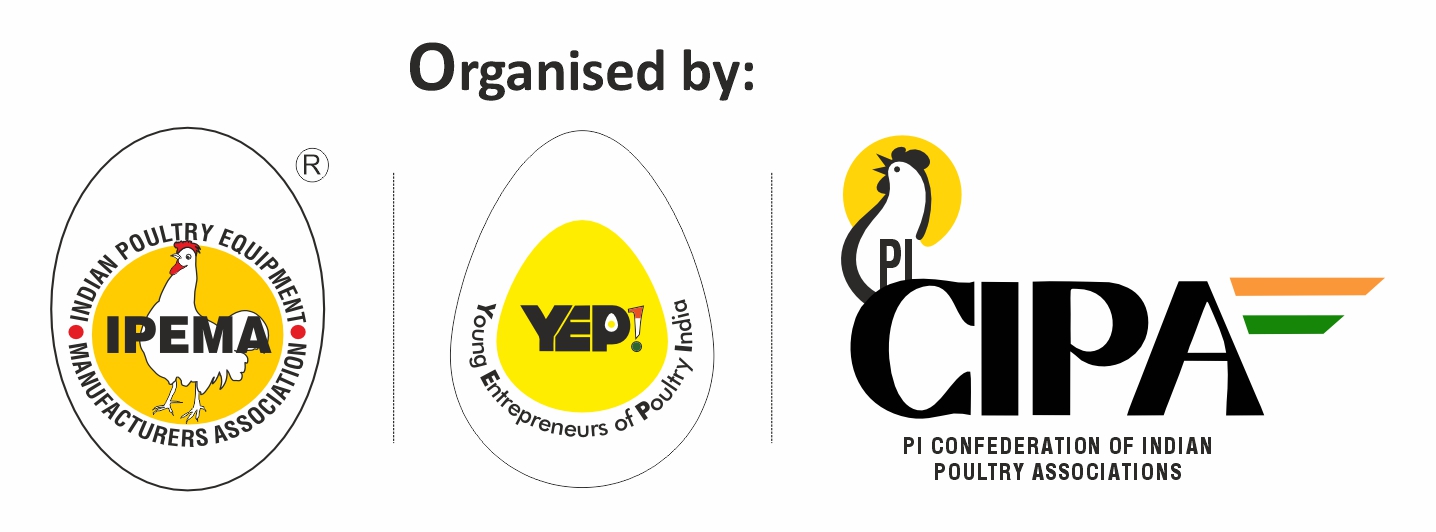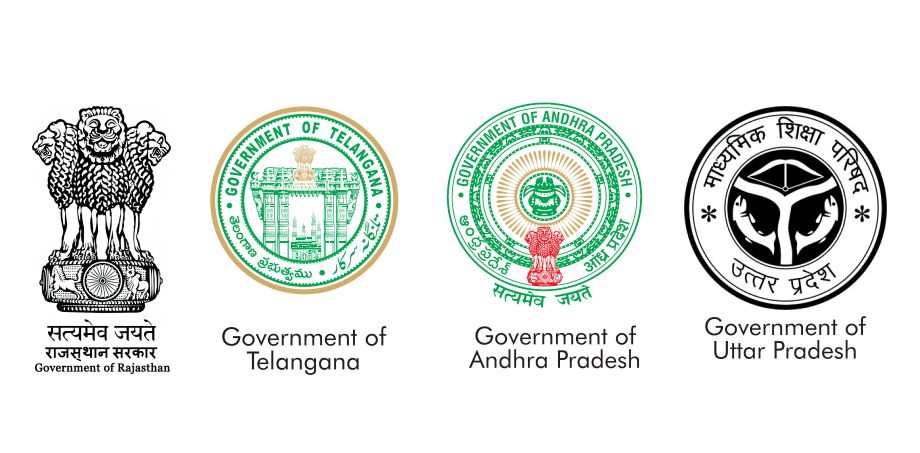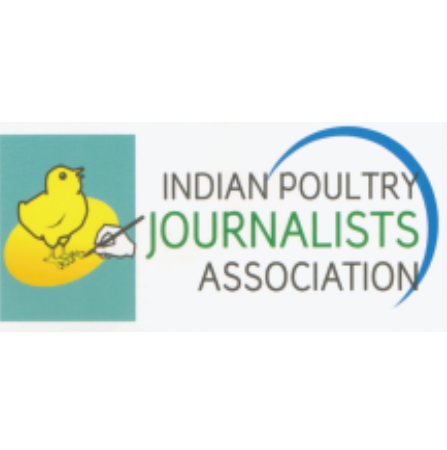Easy mistakes to avoid when managing respiratory disease in poultry

Recombinant vaccines have DNA spliced into a different type of virus that creates immunity as it reproduces. However, serology that measures vaccine response doesn’t always pick up that little splice of DNA with the disease virus.
Serology results might indicate there’s no response to the vaccine, when in fact birds have protection, French said.
Older technology also presents challenges when managing respiratory disease; some older vaccines generate more challenge than they control, he continued.
To help problem solve, “Everyone should know what the serological response to the vaccination is going to be, whether it’s a recombinant vaccine or whether it’s the traditional vaccine,” French said.
He advised carefully looking at the timing of respiratory challenge in birds in relationship to when they were vaccinated. This can help determine if it’s the vaccine or a field challenge that’s causing the problem, he said.
“While it’s very difficult to remove a vaccine in the face of a respiratory challenge, sometimes the vaccines themselves create that challenge and the best thing you can do is eliminate the vaccine that’s causing the problem,” French emphasized.
All the appropriate diagnostic tools available should be employed, which might include serology, virus isolation and polymerase chain reaction, he said.
The key point is to avoid confusion by not misinterpreting the data, French said.
source: www.thepoultrysite.com















